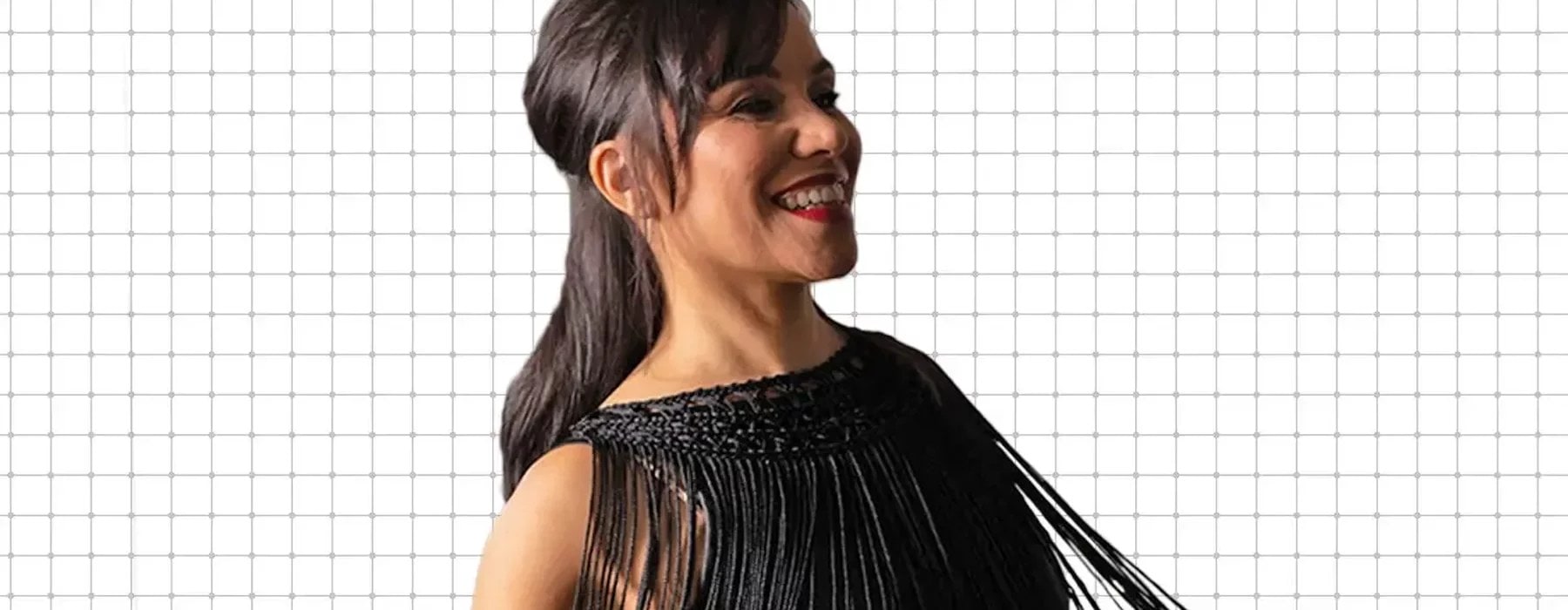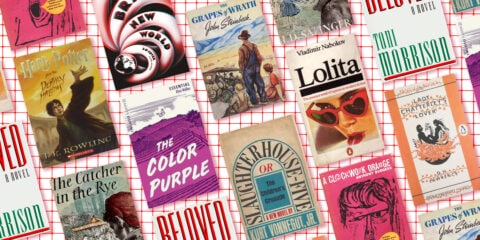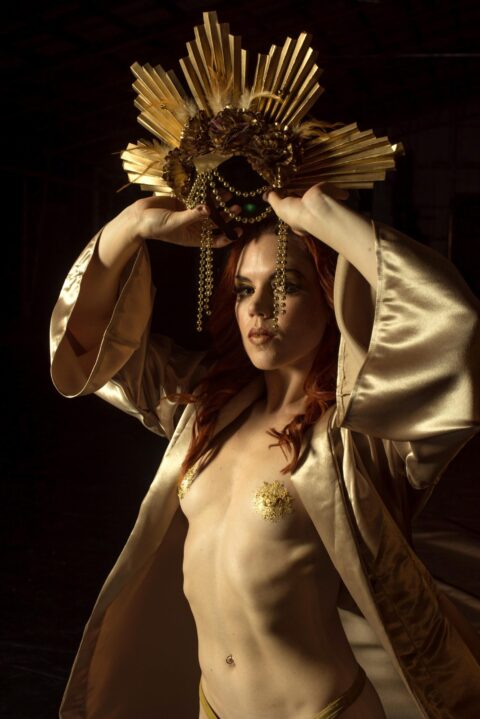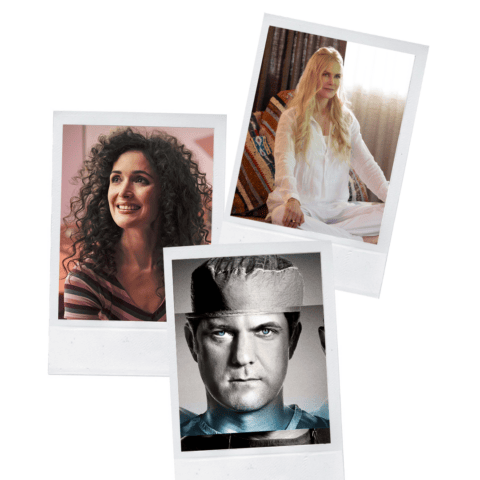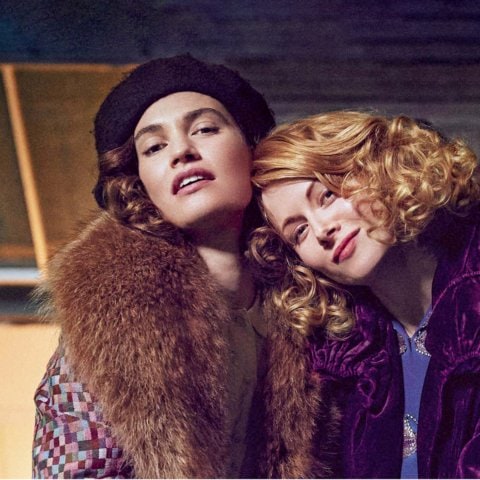I recently overheard my husband teaching an online group a whakataukī (proverb) that speaks to the enduring importance of hard work: “moea te tangata ringa raupā” which, as my husband said, “is sometimes translated as ‘marry the man with calloused hands’ as in someone who has done so much physical work their hands are calloused. But really it should be ‘the person’ so it includes all the hardworking women too and anyway, these days you can still be a hard worker without having calloused hands!”
I felt some pride that he’d taken the time to point out that we can update our interpretations of whakataukī and that gendered translations such as this one (“tangata” means people, persons, human beings, so the term “man” was never needed) can be challenged. The mana of women is expressed in many whakataukī, such as “me aro koe ki te hā o Hine-ahu-one” which means “pay heed to the dignity and power of women” as well as “ko te whaea te takere o te waka”, which means “mothers are like the hull of the canoe, they keep the family together”.
Again, if we are mindful with our interpretations of whakataukī, I’d add that “whaea” means “mother” but can also include a stepmother, auntie or carer who keeps the family bond strong.
Balance between genders is a strong foundation of Māoritanga, and this symmetry is seen in many aspects of our culture. For instance, women perform karanga – the call of welcome at a pōwhiri – formal greeting ceremony – before men speak in whaikōrero – formal oratory. Both forms of communication carry great mana and add commentary and insight to the hui. I’ve heard people complain that they see aspects of the pōwhiri as sexist, mostly because men sit in the front row when they speak and women sit to their side or behind. But I’d ask those people to consider what they may have missed before the hui got to that point – the narrative wrapped within the karanga, the fact that women lead the ope – group of people on to the marae – and that it’s a Western world view that the front row is the VIP section. That’s not how Māori view it at all.
As wāhine – women – we also have the ability to cut a man’s whaikōrero short if it’s missing the mark by standing up and beginning the waiata. It’s a mic-drop moment and I’ve seen it happen a few times. Me aro koe ki te hā o Hine-ahu-one – pay heed to the power of women! Especially ones who know what their options are when an event is going awry.
I see evidence of gender fluidity and acceptance of homosexual love in the ancient stories of many parts of the Pacific, including in te ao Māori – the Māori world. The term “takatāpui” is a traditional term that means intimate companion of the same sex, and comes up in stories from long ago.
Although takatāpui didn’t always mean a couple were lovers, the term suggests that intimate same-sex friendships were acknowledged as special. Nowadays the word takatāpui embraces all Māori who identify with diverse gender and sexualities, which is a another meaningful modernisation, reminding us that reviewing and updating our interpretations is worthwhile.

